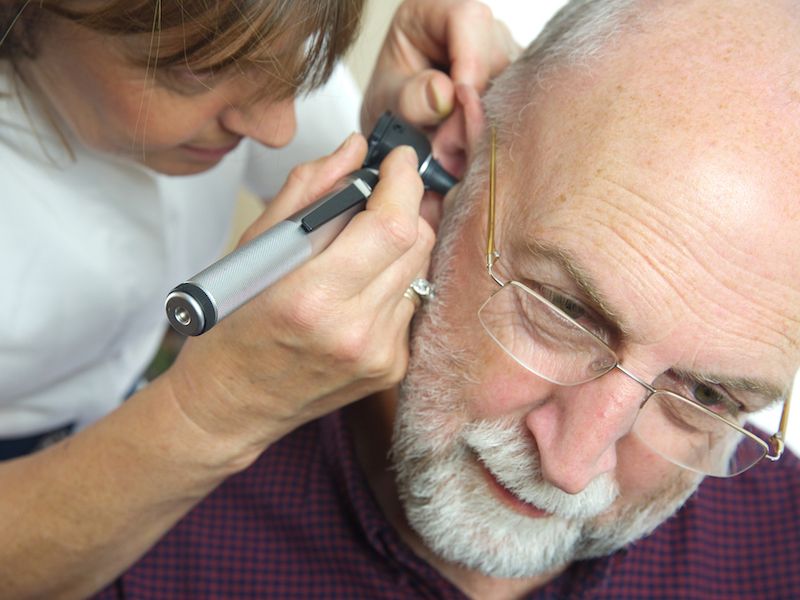
You still go to the eye doctor every year if you have glasses, right? Because, over time, your eyes can change. As a matter of fact, nothing in your body is static, your eyes aren’t and, the reality is, your ears aren’t either. That’s why even once you get hearing aids, you should continue having your ears checked just as you do with your eyes.
Unfortunately, many people miss those regular checkups. Maybe they’ve been too busy making the most of their lives to get back in to see the doctor. Or it could be that your job has been stressful lately. Or it’s possible you’ve simply been so satisfied with your hearing aids that you haven’t had a reason to go back in. You would usually think of that as a good thing.
Over time, for individuals suffering from hearing loss, it is even more important to have even one follow-up consultation. However, lots of people disregard regular care. According to one survey, only 33% of seniors with hearing aids also used regular hearing services.
Why Do You Require Examinations Once You Get Hearing Aids?
Your hearing is not static. It changes over time. When these changes occur, you need to adjust your hearing aids to compensate. Periodic testing helps monitor any changes in hearing and catch problems early.
And that’s not even the only reason why it might be a smart idea to maintain normal checkups with a hearing specialist once you start wearing your hearing aids. Some of the most prevalent reasons to make sure you show up to your next examination include:
- Hearing degeneration: Even with a hearing aid, your hearing might continue to deteriorate. If this deterioration is slow enough, you likely won’t know it’s happening without the assistance of a hearing assessment. Appropriate alterations to your hearing aids can often slow hearing declines.
- Hearing aid calibration: Though your general hearing health might continue to be stable, small differences in your hearing could create the need for annual adjustments of your hearing aid. Your hearing aids may slowly become less efficient if you don’t get this kind of calibration.
As well as monitoring changes in your hearing, it’s crucial to occasionally have a professional cleaning. We can clean all the little parts and keep your hearing in top notch conditions and as well as making sure it’s functioning at it’s best performance.
The Risk of Not Following up With Routine Check-Ups
The greatest worry, here, is that eventually, the hearing aids will quit working the way they’re supposed to, so you’ll become frustrated with them and stop wearing them altogether. Using hearing aids helps you hear better, without a doubt, but it also affects your general health. If you discontinue using your hearing aids, not only can your hearing deteriorate faster, you might not recognize it immediately. Increased chance of hearing problems, as well as cognitive decline, have been attached to hearing loss.
If you want your hearing aids to keep working at an optimal level, normal checkups are going to be your best choice in the way of accomplishing that. Annual hearing examinations or screenings can help you make sure your hearing aids are working as they should and that your hearing is safeguarded. So schedule your hearing appointment right away.